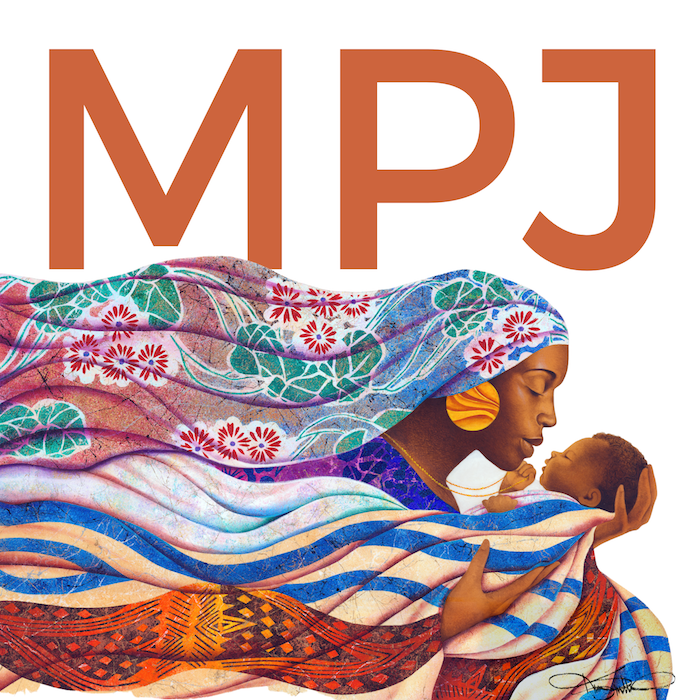Ethiopian Telba (Flaxseed Beverage)
INSTRUCTIONS
1. Heat a cast-iron skillet over low heat.
2. Add the flaxseed and dry roast it in the skillet, stirring, for about 5 to 10 minutes.
3. Remove from heat and set aside to cool.
4. Place the toasted flaxseed in a spice grinder and grind to a powder. Sift through a medium-mesh sieve into a bowl.
5. Add the water to the flaxseed, stir and set aside for about 10 to 20 minutes to allow solids to settle out.
6. Strain the telba into a pitcher and discard the solids. Add the honey to taste and chill well before serving.
INGREDIENTS
1 cup flaxseeds
6 cups water
1 to 2 tbsp honey
Collected from: whats4eats (http://www.whats4eats.com/beverages/telba-recipe)
Telba is a healthy and refreshingly creamy Ethiopian beverage made from toasted, ground flax seeds. Flax is full of fiber, antioxidants and omega-3 fatty acids, but be careful how much you drink. Telba can have a a mild laxative effect.
Nutritionist Comments
Contributor: Irene Lee
Nutritional Value & Potential Benefits:
Nutritional value & potential benefits:
This beverage contains simple ingredients that have benefits for overall health.
1. Flaxseeds – are known as a “good fat.” It has a high omega-3 content amongst plant foods, and an antioxidant called lignan. Studies show these may reduce risk for cardiovascular disease, diabetes, and cancer, as well as help balance hormones and combat inflammation. Flaxseeds are also very high in fiber, so it can help with constipation (1).
2. Honey – is mainly for taste in this recipe, but it also has some helpful nutrients and minerals! It is high in sugars that can provide energy, and it has anti-microbial functions that can boost the immune system (2).
Mindful Modifications
Everything in moderation
1. Because telba is a beverage, it can be easier than solid food to overconsume. Be aware that it is highly fibrous and can cause stomach upset.
2. There is research studying possibly harmful effects of a maternal flaxseed diet on newborns (3) (4). It is good to be aware that there are no conclusive studies to determine whether flaxseed consumption during breastfeeding should be recommended.
Sources:
(1) https://www.webmd.com/vitamins/ai/ingredientmono-991/flaxseed
(2) https://parenting.firstcry.com/articles/honey-during-breastfeeding-benefits-precaution-and-more/
Ethiopian Postpartum Practices
Collected from: EthnoMed.org (https://ethnomed.org/culture/ethiopian/copy_of_ethiopian-cultural-profile)
Activity
The mother rests in the house for 40 days after the birth. She is usually separated from her husband and is sexually inactive during this period. The husband, family, friends and neighbors are in charge of making sure that there is sufficient food and comfort for the mother during this time. In the U.S. this period devoted to the mother's rest usually cannot be observed due to work and lack of community and family support.
In some regions, mothers are encouraged to take cold showers after giving birth, as it is believed to help strengthen the body and aid the healing process.
Food
After birth, a thick, hot porridge called genfo is eaten by the new mother. It is believed to help her gain back strength and heal quickly. Friends and family make the genfo. It is made with barley, whole wheat flour, and spiced ghee (clarified butter). A drink made with flax seed, oats, and honey is also given to the mother. This drink is believed to produce breast milk quickly and help with constipation resulting from pregnancy.
Rituals
On either the seventh or the twelfth day, depending on the region, the mother and child go outside to be in the sun. This is done for the baby's health. Neighbors come on this day to clean the house. In preparation for this day, the mother is pampered. She is given beautiful clothes, is decorated with henna, is fed special food, and is seated in a special chair. Her husband may bring her gifts.
A son is also circumcised on either the seventh day or the twelfth day, depending on the region. If the family is Christian, a priest blesses the child with holy water. If the child is a boy, he is christened at 40 days. If the child is a girl, she is christened at 80 days.
At one time, circumcision for boys and girls was mandatory for health, religious, and cultural reasons. Female circumcision is phasing out as people become educated about its negative health effects. Circumcision for males is available in U.S. hospitals. Ethiopian families understand that in the U.S., only boys get circumcised (with parental consent), but not girls.
INFANT FEEDING & CARE
The child sleeps either in a crib by the mother's side or in bed with her, but the child is always in the same room during the 40-day resting period. During this period, new mothers are never left alone. They are watched carefully to protect them from the “evil eye.”
New mothers are taught how to care for their babies by their mothers and the elder ladies.
Breastfeeding is much more common than bottle feeding, especially in rural areas. Almost all rural mothers breastfeed, and special attention is given to the mother's diet as it is understood that a malnourished mother may not produce enough milk. Most women breastfeed until they are ready to have another child or until the child is two to three years old.
In urban areas, there has been a gradual preference for bottle feeding because most women are working mothers. It is rumored that formula may be healthier for the baby. In rural areas, some babies are given the herb, fenugreek, and in the cities, some are given chamomile tea to cleanse their stomachs because it is believed that when a baby cries, he or she may be having stomach problems. Babies are introduced to solid food about six months of age.
In the U.S., breastfeeding in public with the breast covered is an accepted practice. Often women cannot breastfeed as long as they would like due to changes in lifestyle (e.g., a mother who works outside the home may be apart more often from her baby). Formula supplementation is common when mothers continue to breastfeed for the first year of life and transition to the cup in the second year.
In Ethiopia, the baby's body is massaged with lotion, baby oil, or butter (rural areas). In rural areas, babies are normally carried on their mothers' backs in a leather or cotton wrap.


